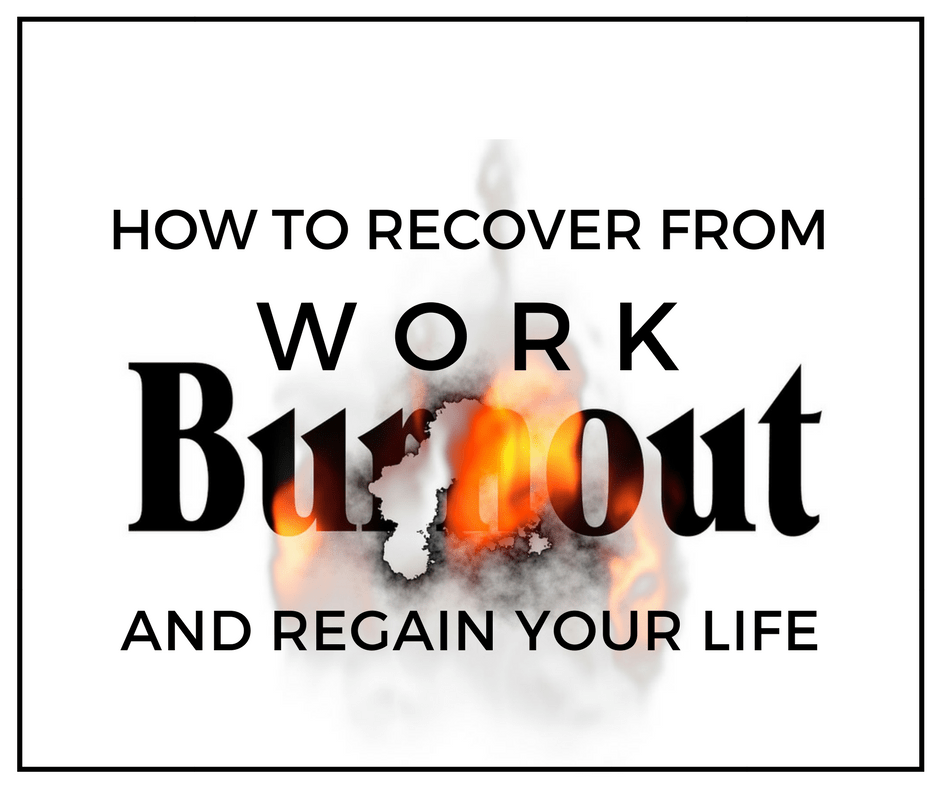Resiliency in the face of adversity will overcome burnout
Burnout is a state of emotional, mental, and often physical exhaustion brought on by prolonged or repeated stress. Though it’s most often caused by problems at work, it can also appear in other areas of life, such as parenting, caretaking, or romantic relationships. Burnout has been a problem for a long time. It was in 2019 that the World Health Organization identified burnout—workplace stress left unmanaged—as an occupational phenomenon. Burnout prepandemic, and this is overwork alone, was responsible for the deaths of 2.8 million people a year.
If there is a silver lining to the COVID pandemic it is that society has finally recognized the effects of mental health on all of us. Since the start of the COVID-19 pandemic, nearly half of employees surveyed have reported experiencing burnout symptoms at work. WHO defines “burnout” as a syndrome resulting from chronic workplace stress that’s characterized by exhaustion or lack of energy, job-related negative or cynical feelings, and reduced effectiveness.1 As the world continues to grapple with the COVID-19 crisis, the emotional and psychological response to extended periods of uncertainty could have a significant impact on recovery efforts.
The good news is that psychological resilience can be learned, and research shows that people who report higher resilience are physically healthier, more productive, happier, and have closer relationships.2 The fact is that while the impact of the COVID-19 pandemic on people’s lives might feel new, resiliency in the face of adversity, thankfully, isn’t.
Historically, stress has always been there. Every generation has experienced it through different events, from the Depression in the 1930s to World War I and World War II to the Cold War to 9/11—and many other challenges in between—and now the COVID-19 pandemic. Uncertainty and lack of control are not new. The stressors just keep changing. But that’s not really the headline here; the headline is our increasing adaptation. We are a species that is very flexible at recalibrating our expectations. In the current climate, I believe we have dialed down our expectations. And that’s essentially how we are adapting. As we emerge from the pandemic, those with more realistic expectations may have a more balanced outlook on reality, which can then contribute to a happier perspective and sentiment and better position them to confront ongoing challenges.
Psychological resilience and physical and mental health are all interconnected. As a physician over the past 30 years, I’ve seen a lot of struggles and a lot of pain and suffering. The brain is designed as an instrument for survival and safety, not peace and happiness. And that is perhaps one of the proximate causes of struggle that was missing from many psychological and mindfulness traditions.
To summarize the whole gamut of well-being research, it is simply this: you want to tell your genes and immune system, “I’m having a good time on this planet.” This type of positive outlook tells your genes to switch from inflammatory to anti-inflammatory actions and boosts your antiviral immunity. The opposite is also true: when we feel miserable or have a negative outlook, inflammation goes up, and antiviral immunity goes down.
Stress is not a creation of our own volition; it is a part of how the brain operates. By improving psychological resilience, we also can improve our physical resilience to be able to tackle whatever comes next. When gratitude and kindness become part of our breadth, then the physical distancing and the mandates matter less because the potential to feel connected to the person you’re talking to remotely can be just as strong as it would be talking in person.









